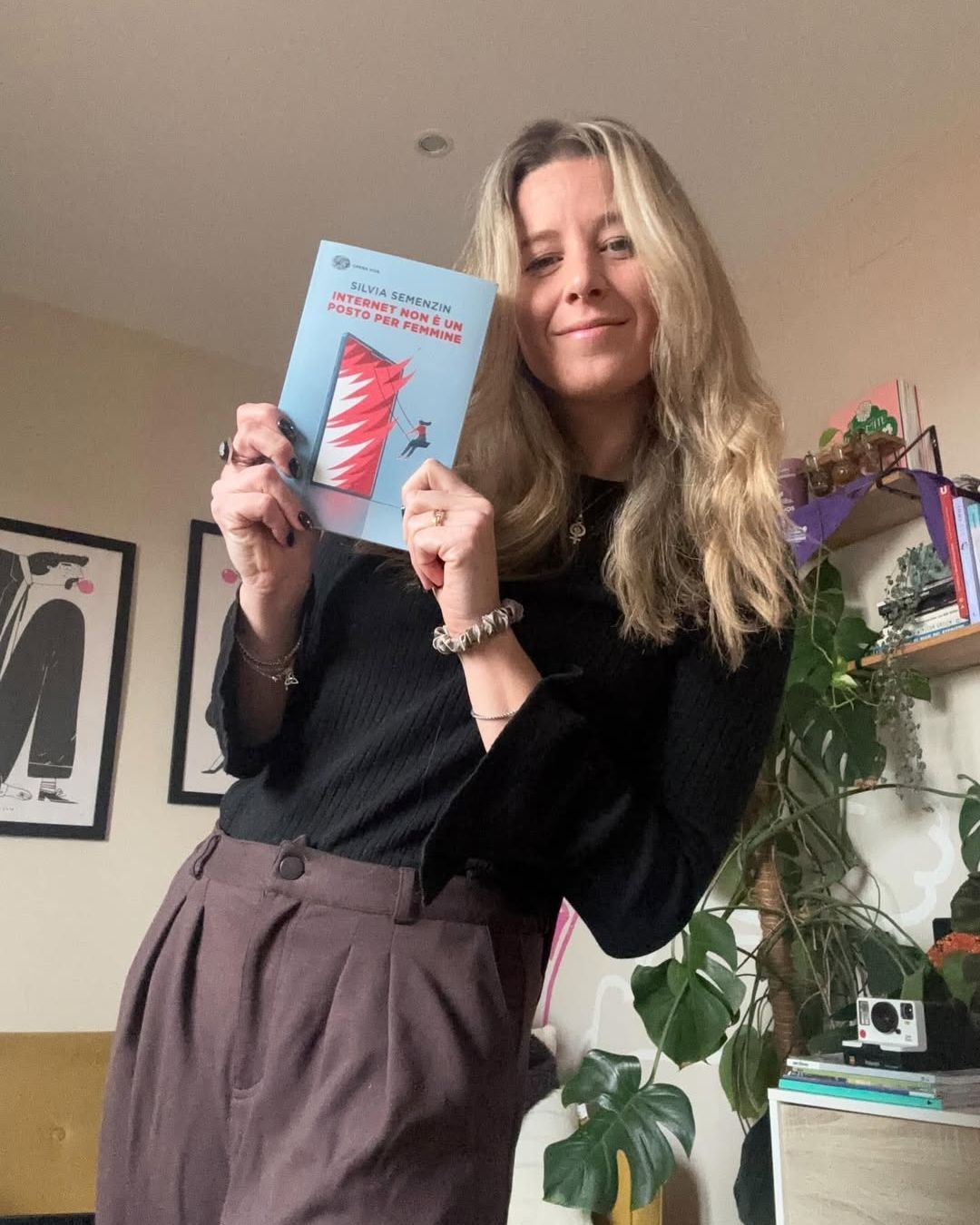
We asked a plastic surgeon what he thinks about body positivity and baby-botox Intervista al dottor Giulio Borbon
Talking about beauty is not easy, at least for me. But talking about beauty with Dr Giulio Borbon was so easy. I do not know exactly where this difficulty comes from for me. Maybe because I feel guilty talking about it, I tell myself that there are more important, more urgent, more serious things. But perhaps beauty, in its broadest sense, has never been as serious as it is today. We have TikTok to thank for that, the Kardashians, the cousin who got her lips injected, and the ex-boyfriend who got involved with someone whose breasts are bigger than yours. How do you know this? From Instagram, we thank you. Beauty has always been important, since long before we were all born. But I know for sure that it came into my life the moment I joined social media and, along with apps to buy followers and likes, those for editing photos appeared on my Iphone's home screen. Do you remember Facetune? It begs the question. Why do we waste time editing our face every time before we post a selfie? At this point, cosmetic surgery seems like a viable option. But why do I edit my lips at all? It's a scary question that touches on the uncomfortable truth that our ideas of aesthetic beauty - perfect noses, straight hair, slim waists and shapely butts - are rooted in racism and misogyny.
But why did we go to Dr Giulio Borbon? Generation Z is a generation that tends to think of itself as, for lack of a better word, awake. We are people who take to the streets to protest and vote for issues we care about, from abortion access to climate change. We are more liberal than our parents and use our purchasing power to support brands whose values align with our own. We are the most ethnically diverse generation in history and are tackling important issues such as systemic racism, gender bias and the growing wealth gap. We demand fairness in the workplace - and we are not afraid to challenge older generations who respect the status quo. We are also a generation that is getting Botox and fillers prescribed at a much higher rate than before. "I really appreciate young people's views and opinions on aesthetic medicine. I like that they are not driven by a need as much as perhaps other generations who were more looking for some kind of validation or self-esteem boost. This discourse has never been relevant to me, because I cannot increase self-esteem by increasing the volume of my lips. The new generations, on the other hand, it seems to me, have understood and interpreted medicine even better than we medical professionals. They look at aesthetic medicine from a technological point of view, as a tool that can help, that can be used to change, harmonise and improve certain parts of the self."
But does it really work or not? "Well, before you do it, you need to know whether you really need it or not. So you need to go to someone who can advise you well. We tend to ask patients what kind of effect they want, not what kind of treatment they want. As far as complications are concerned, there is no complication-free procedure. Baby Botox has a low complication rate when it is done well by medical professionals who have had specialised training at the right centres. It can lead to ruinous complications if used carelessly by untrained people using the wrong materials." But what is being injected into our foreheads? "The components of Mesobotox are characterised to be similar to those of a much more diluted botulinum, and it is diluted separately with saline, also with a mixture of vitamins, just a bio-revitaliser, so it has a vitamin-mineral component and botulinum." The doctor does not like the fact that Mesobotox is called baby Botox, and the reason is quite simple: "The term 'baby' can be confusing and make people think that it is a practise that can be done at a very young age without any problems. This is not the case. In my opinion, surgical procedures or cosmetic procedures should only be done when there is an indication, which is very rarely and as early as possible. If a girl with small breasts and a shape she does not like is twenty-two years old and she wants to change that, why not?"
While the techniques, research and target audience of cosmetic surgery have changed and evolved over the years, there are things about the field that will never change. "Aesthetic medicine, especially the one that has evolved over the last few years, is a medicine that reaches out to all and sundry, and I would really call it crossover. One of the big workhorses for women in their twenties and forties that I am very passionate about is lips, biorevitalisation, like mesobotox and other forms of prevention like skincare and maintenance." But that's not all. "Among the procedures that are statistically performed the most, additive mastoplasty is always at the top of the list in cosmetic surgery for women. As the face becomes more and more the focus, which is of course due to all the technological developments, I also perform blepharoplasties frequently. Usually this surgery is done at an older age, but I also have very young patients. It is an operation that changes the appearance, but not the look."
The relationship that each of us has with our bodies is complex and very personal. There are people who have learned to accept and love themselves as they are. For others, however, they may not recognise the image they see in the mirror, so they form a kind of toxic relationship with it that makes them feel wrong and ugly and that they do not fit in. "Body dysmorphism or dysmorphia has unfortunately been around for a long time. Therapy is definitely helpful, but it's not so easy to find therapists who deal with it. Personally, as a centre, we have referral specialists who deal with dysmorphia because we are a philtre. We see many people suffering from this kind of problem, especially young girls. When you think of body dysmorphia, you often think of anorexia or bulimia, which are probably the best known. Our job is to advise these people, not in the direction of cosmetic surgery, of course, because that would be ruinous, but to point them towards another path, a therapeutic path. Lips, in my opinion, are a first gateway to dysmorphia as borderline dysmorphia because you immediately get used to it and want more and more of it, maybe even aiming for hyperfeminisation." The biggest misconception about the cosmetic surgery profession? "That, like a psychologist or psychiatrist, he can cure certain diseases or, even worse, that surgery can cure them. That certain things that may be wrong in a person's life, and it happens in everyone's life, can be fixed by a breast augmentation is definitely a big misconception."

























































